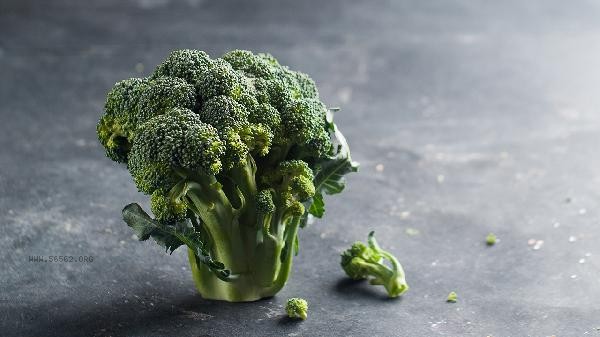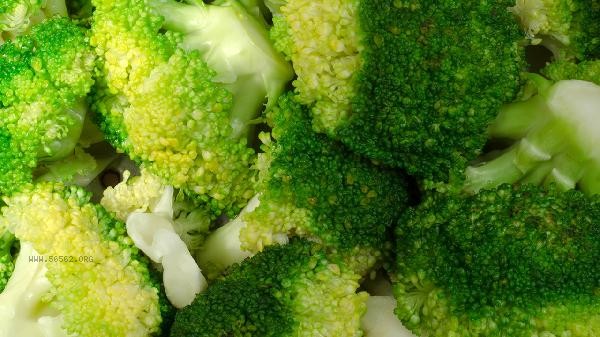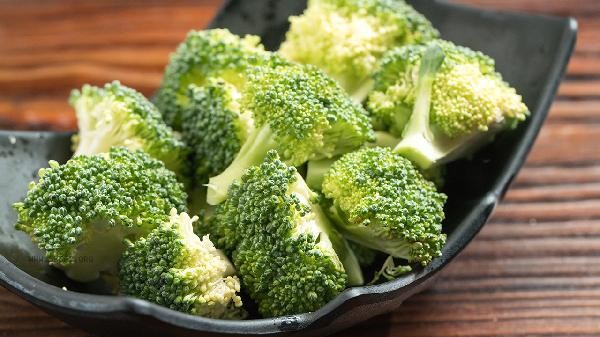Moderate consumption of broccoli during exercise can help supplement dietary fiber and vitamins, and has auxiliary effects on muscle building and fat loss. Broccoli is rich in high-quality protein, vitamin C, calcium, iron and other nutrients, which mainly promote muscle repair, enhance satiety, improve metabolic function, resist oxidation, regulate intestinal flora and other benefits.

1. Promote muscle repair
broccoli contains rich plant protein and branched chain amino acids, which can help repair damaged muscle fibers after exercise. The sulforaphane it contains can activate the AMPK signaling pathway and promote protein synthesis and metabolism. Eating it after strength training can alleviate delayed muscle soreness for fitness enthusiasts.
2. Enhance satiety
Each 100 grams of broccoli contains about 3 grams of dietary fiber, which can prolong gastric emptying time after absorbing water and swelling. Its low glycemic index characteristic can avoid severe fluctuations in blood sugar and reduce the tendency to overeat after training. As a side dish of fitness meals, it helps to control daily total calorie intake.
3. Improving metabolic function
The glucosinolates in broccoli are converted into sulforaphane in the body, which can activate the liver detoxification enzyme system. This substance can enhance mitochondrial function and improve fat oxidation efficiency during exercise. Long term consumption can help improve insulin sensitivity to some extent.

4. Antioxidant Effects
Antioxidant components such as vitamin C and quercetin can clear free radicals generated during strength training. The lutein and zeaxanthin contained in it can alleviate oxidative stress damage to muscle cells, delay the occurrence of exercise-induced fatigue, and accelerate recovery after training.
5. Regulating gut microbiota
Dietary fiber in broccoli can act as a prebiotic to promote the proliferation of bifidobacteria. A healthy gut microbiota environment helps reduce inflammation caused by exercise and improve protein absorption and utilization. It is particularly important for fitness enthusiasts who regularly supplement protein powder.

It is recommended to choose cooking methods such as steaming or stir frying, as prolonged high-temperature cooking can damage heat sensitive nutrients such as vitamin C. It is advisable to consume 3-4 times a week, and individuals with thyroid dysfunction should control their intake. It can be paired with high-quality protein foods such as chicken breast and salmon, and the replenishment effect is better within 30 minutes after exercise. Pay attention to individual tolerance, as some individuals may experience discomfort such as gastrointestinal bloating.






Comments (0)
Leave a Comment
No comments yet
Be the first to share your thoughts!